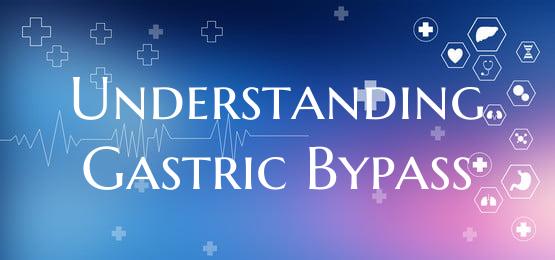
Understanding Gastric Bypass
Understanding Gastric Bypass Surgery: A Comprehensive Guide
Gastric bypass surgery is a type of weight loss surgery that involves making changes to the digestive system to help individuals lose weight. This surgical procedure is often recommended for individuals who are significantly overweight or obese and have tried other weight loss methods without success.
### What is Gastric Bypass Surgery?
Gastric bypass surgery, also known as Roux-en-Y gastric bypass, is a procedure that involves creating a smaller stomach pouch and rerouting the intestines to bypass a portion of the small intestine. This restricts the amount of food a person can eat and reduces the body's ability to absorb calories.
### How Does Gastric Bypass Surgery Help with Weight Loss?
By reducing the size of the stomach and altering the digestive process, gastric bypass surgery helps individuals feel full more quickly and eat less. This leads to weight loss over time as the body burns stored fat for energy. Additionally, the changes in gut hormone levels following surgery can help regulate hunger and improve metabolism.
### Who is a Candidate for Gastric Bypass Surgery?
Candidates for gastric bypass surgery are typically individuals with a body mass index (BMI) of 40 or higher, or a BMI of 35 or higher with obesity-related health conditions such as type 2 diabetes or high blood pressure. Candidates should also have a history of failed attempts at losing weight through diet and exercise.
### What to Expect Before, During, and After Surgery?
Before surgery, candidates will undergo a thorough evaluation to assess their overall health and readiness for the procedure. The surgery itself is usually done laparoscopically, using small incisions and a camera to guide the surgical instruments. Following surgery, patients will need to follow a special diet and make lifestyle changes to support their weight loss goals.
### Risks and Benefits of Gastric Bypass Surgery
While gastric bypass surgery can lead to significant weight loss and improve or resolve obesity-related health conditions, it is not without risks. Complications such as infections, blood clots, and nutritional deficiencies can occur. It is important for patients to weigh the potential benefits of surgery against the risks and follow their healthcare provider's recommendations for post-operative care.
Gastric bypass surgery is a life-changing procedure that requires commitment to long-term lifestyle changes for lasting success. By understanding the process and working closely with healthcare providers, individuals can achieve their weight loss goals and improve their overall health and well-being through gastric bypass surgery.